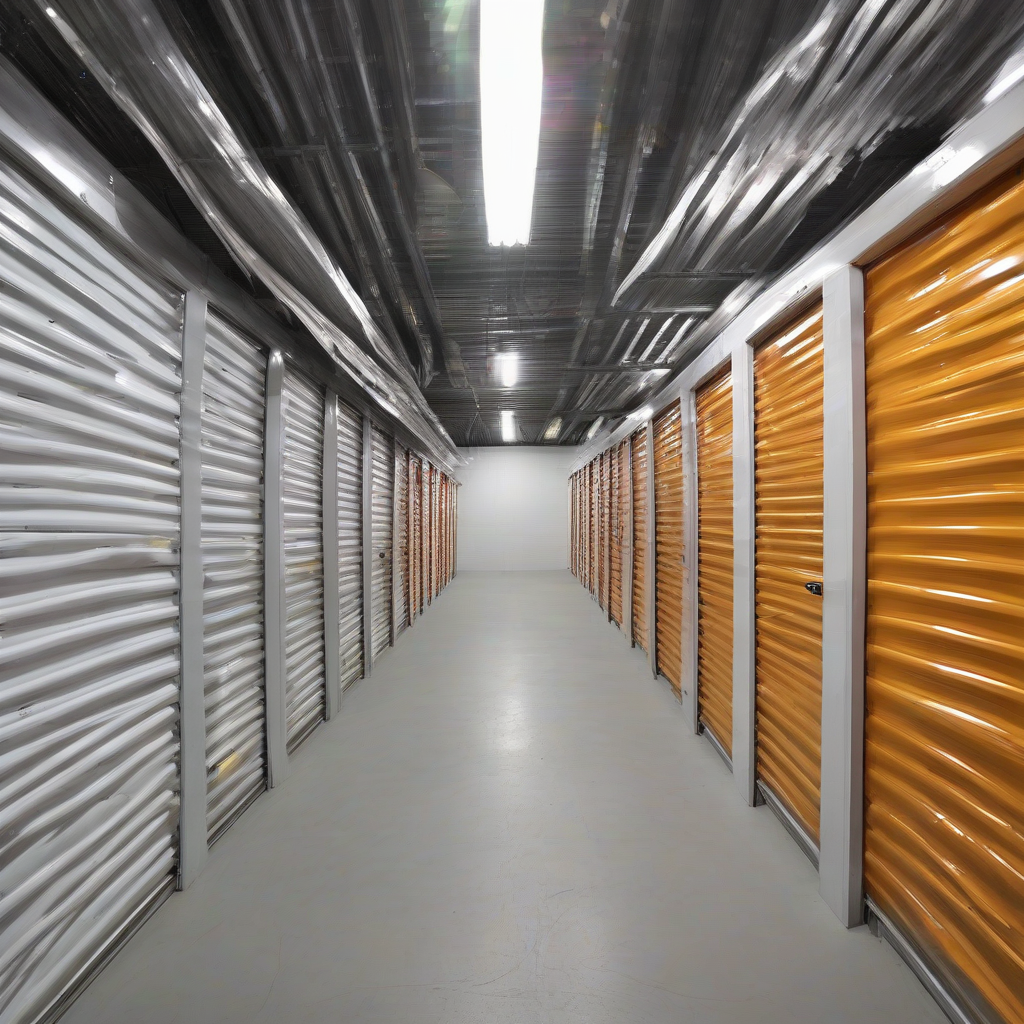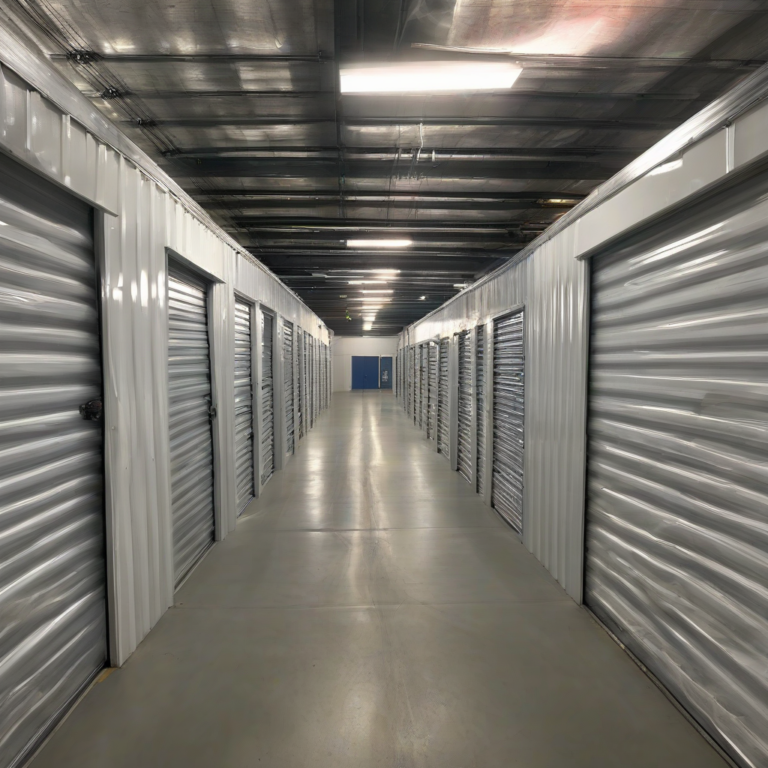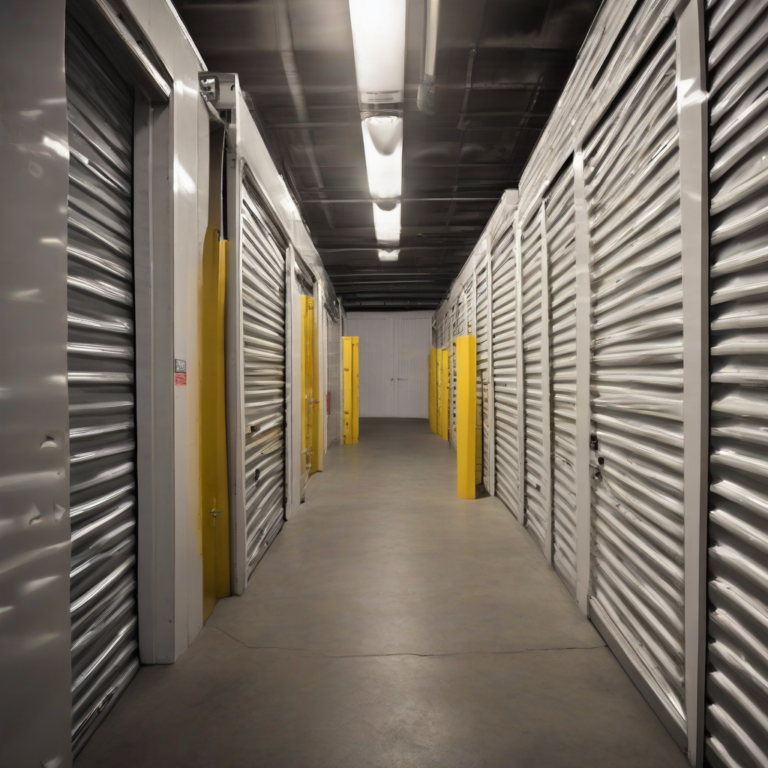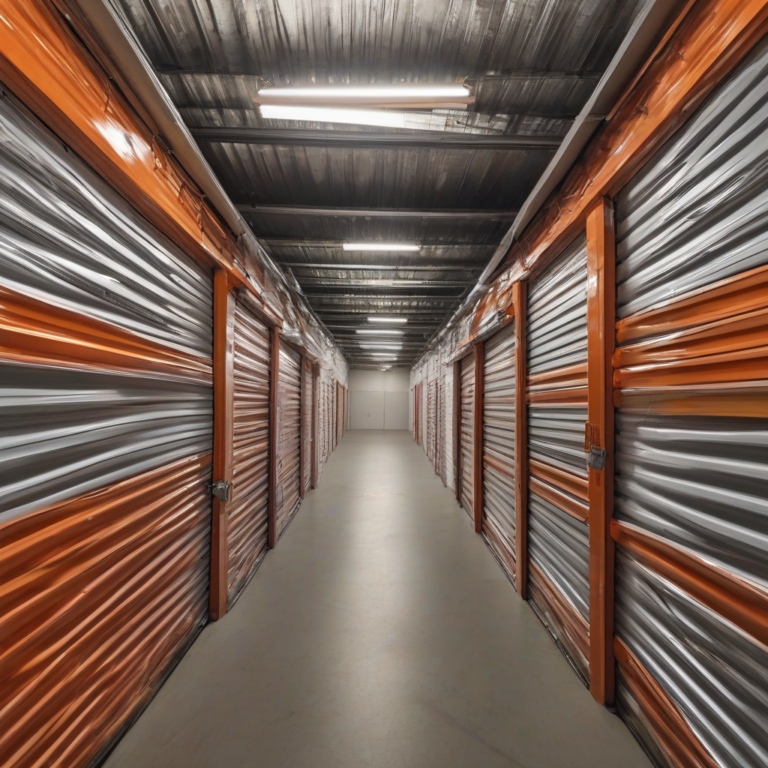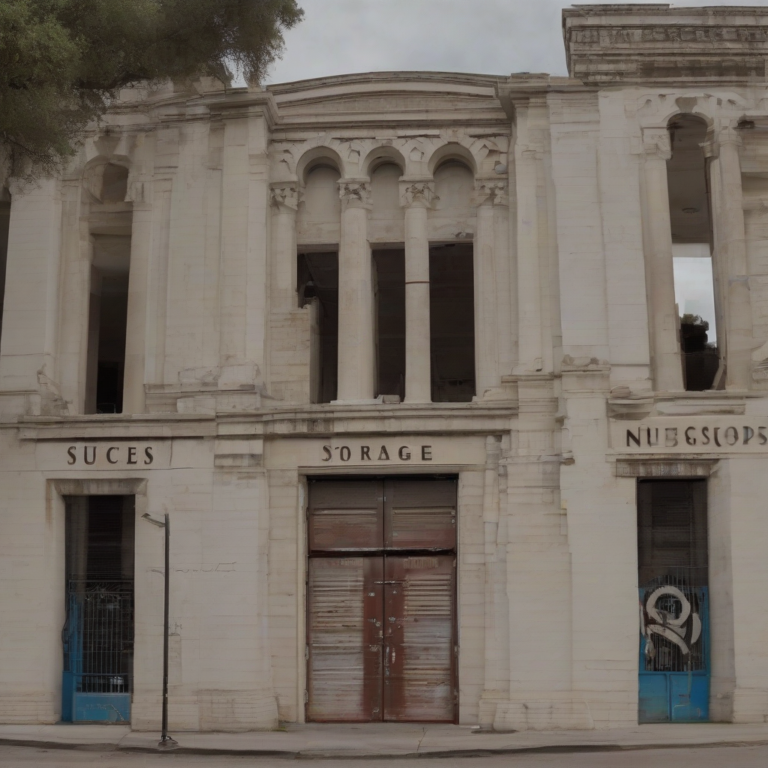Houston Storage Units: Your Comprehensive Guide to Finding the Perfect Space
Houston Storage Units: Your Comprehensive Guide to Finding the Perfect Space
Finding the right storage unit in Houston can feel overwhelming. With a sprawling metropolitan area and a diverse range of storage facility options, navigating the choices requires careful consideration. This guide will walk you through everything you need to know to find the perfect Houston storage unit for your needs, from understanding different storage unit types to negotiating prices and ensuring your belongings are safe and secure.
Types of Storage Units in Houston
- Indoor Climate-Controlled Units: These units offer the best protection against temperature fluctuations, humidity, and pests. They are ideal for sensitive items like furniture, electronics, and documents. Expect to pay a premium for this level of protection.
- Indoor Non-Climate-Controlled Units: More affordable than climate-controlled units, these offer protection from the elements but are subject to temperature and humidity changes. Suitable for items less susceptible to damage from weather.
- Outdoor Units: These are the most economical option but offer the least protection. They are suitable for items that are weather-resistant and don’t require climate control. Often, these units are uncovered or partially covered.
- Drive-Up Units: These units offer convenient access for loading and unloading, often directly from your vehicle. They are available in both climate-controlled and non-climate-controlled options.
- Vehicle Storage Units: Specifically designed for storing cars, boats, RVs, or other vehicles. Size varies greatly depending on the type and size of the vehicle.
Factors to Consider When Choosing a Houston Storage Unit
- Location: Choose a facility that is conveniently located and easily accessible. Consider proximity to your home or business and the ease of transportation.
- Size: Accurately assess your storage needs. Measure your belongings carefully and consider future storage needs. Most facilities offer various unit sizes, from small lockers to large spaces.
- Security: Security features are crucial. Look for facilities with security cameras, gated access, and possibly on-site security personnel. Inquire about insurance options for your belongings.
- Climate Control: Determine if climate control is necessary for your stored items. The added cost of climate control might be worthwhile for protecting valuable or sensitive belongings.
- Accessibility: Consider the facility’s hours of operation and access policies. Will you need 24/7 access? Are there any restrictions on access?
- Price: Compare prices from different facilities and unit types. Be aware that prices can vary greatly based on location, size, and features.
- Reputation: Read online reviews and check the facility’s reputation before committing. Look for reviews that highlight customer service, security, and cleanliness.
- Insurance: Determine if the facility offers insurance or if you need to obtain your own. Understand the coverage limits and any exclusions.
- Contract Terms: Carefully review the lease agreement before signing. Pay close attention to the length of the contract, payment terms, and any early termination fees.
- Packing Supplies: Many storage facilities offer packing supplies for sale on-site. This can be a convenient option but consider comparing prices with other retailers.
Finding Houston Storage Units: Resources and Tips
- Online Search Engines: Utilize search engines like Google, Bing, or DuckDuckGo to search for “storage units near me” or “Houston storage units.” Refine your search by location, size, and features.
- Storage Unit Comparison Websites: Websites such as SpareFoot, StorageCafe, and Neighbor provide platforms to compare storage units in your area. They often offer detailed information, reviews, and pricing comparisons.
- Local Listings: Check local classified ads, newspapers, and community bulletin boards for listings of available storage units.
- Directly Contacting Storage Facilities: Once you’ve identified potential facilities, contact them directly to inquire about availability, pricing, and specific features. This allows you to ask questions and clarify any uncertainties.
- Visit Facilities in Person: Before renting, visit the facilities you’re considering. Assess the cleanliness, security measures, and overall condition of the property. Talk to the staff and ask any remaining questions.
- Negotiating Prices: Don’t be afraid to negotiate the price, especially if you’re committing to a longer-term lease. Many facilities are willing to offer discounts for longer-term contracts.
- Read Reviews: Pay close attention to online reviews. They can provide valuable insights into the facility’s customer service, security practices, and overall satisfaction of previous tenants.
Storage Unit Safety and Security in Houston
- Inventory Your Belongings: Before storing your items, create a detailed inventory list with descriptions and photos. This is crucial for insurance purposes.
- Proper Packing: Use appropriate packing materials to protect your belongings from damage. Label all boxes clearly with their contents.
- Secure Valuable Items: Keep valuable items in a separate, secure container. Consider using a safety deposit box for irreplaceable items.
- Regular Inspections: If possible, periodically check on your stored items to ensure they are in good condition.
- Report Any Issues: Immediately report any security breaches, suspicious activity, or damage to the storage facility management.
- Insurance Coverage: Consider purchasing renter’s insurance or additional storage insurance to protect your belongings against theft, damage, or loss.
Moving Tips for Houston Storage Unit Rentals
- Plan Ahead: Start planning your move well in advance to allow ample time for finding a storage unit, packing your belongings, and arranging transportation.
- Pack Efficiently: Use space-saving techniques to maximize the storage capacity of your unit. Utilize wardrobe boxes for clothing and stack items carefully.
- Protect Your Belongings: Use appropriate packing materials to protect fragile items from damage during transport and storage.
- Label Clearly: Clearly label all boxes with their contents and the room they belong in. This simplifies unpacking and organization when you retrieve your items.
- Arrange Transportation: Secure a moving truck or hire professional movers to transport your belongings to the storage facility.
- Accessibility: Consider the access points at the storage facility and ensure you can safely maneuver your moving truck or vehicle.
- Help with Moving: If needed, recruit friends or family members to assist with the moving process.
Different Neighborhoods and Their Storage Options
Houston’s diverse neighborhoods offer varying storage options depending on the area’s characteristics and demand. Some areas may have a higher concentration of facilities, while others might have limited choices. Researching specific neighborhoods will yield the best results for your needs.
- Downtown Houston: Expect higher prices due to the high demand and limited space. Look for facilities that offer convenient access to major roadways.
- The Heights: A popular and densely populated area, you may find a variety of options, including smaller facilities and potentially higher prices compared to more suburban areas.
- Midtown: Similar to the Heights, expect competition for storage units and possibly premium pricing.
- West University Place: This affluent neighborhood might have more upscale storage facilities with added amenities and higher price points.
- Suburban Areas: Areas further from the city center typically offer more affordable options with potentially larger facilities and more space.
Understanding Houston Storage Unit Costs
Costs for Houston storage units vary significantly depending on several factors: unit size, features (climate control, drive-up access), location, and length of the rental agreement. Always get multiple quotes before deciding. Factors like insurance, administrative fees, and late fees should also be considered when calculating total costs.
- Unit Size: Smaller units are cheaper, while larger units command higher prices.
- Climate Control: Climate-controlled units are more expensive than non-climate controlled units.
- Location: Units in more central and desirable areas tend to cost more than those in less populated areas.
- Lease Term: Longer lease agreements often result in lower monthly rates.
- Security Features: Enhanced security measures may add to the cost.
